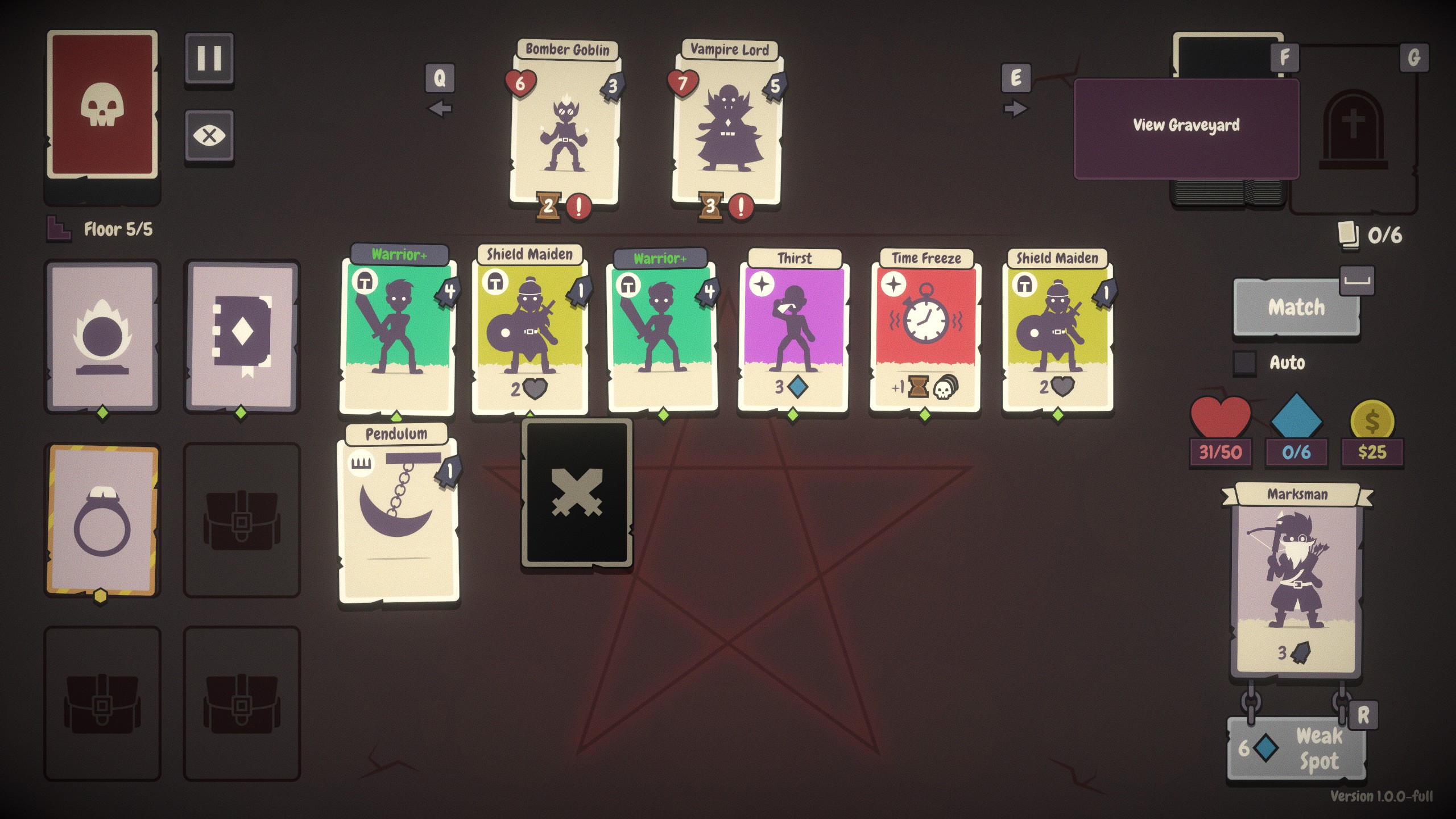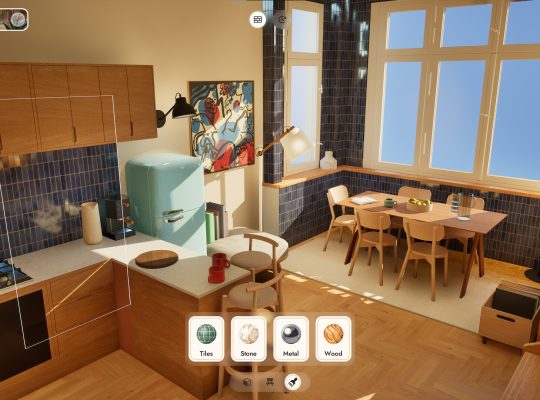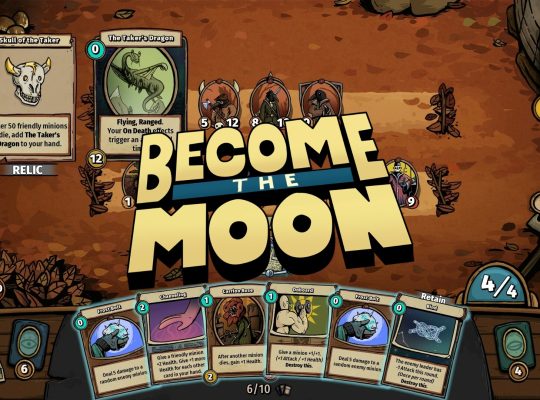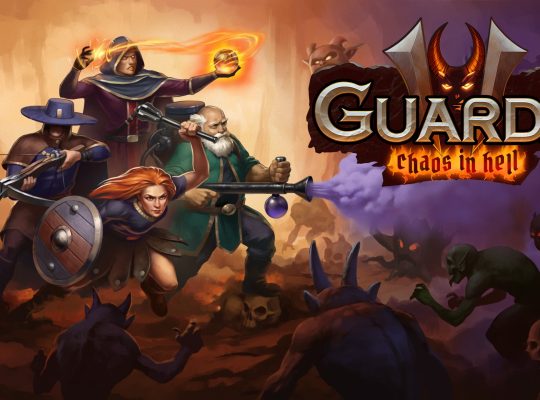- DEVELOPER: Little Horror Studios
- PUBLISHER: Rogue Duck Interactive
- PLATFORMS: PC
- GENRE: Deck-building / Rougelite
- RELEASE DATE: January 21, 2024
- STARTING PRICE: 9,99 €
- REVIEWED VERSION: PC
Pairs & Perils offers an intriguing twist on the roguelite deck-building genre, but its limited content holds it back from reaching its full potential. As a roguelite deck-builder, it lacks the proper replayable features you’d expect from the genre. However, its simplicity and strong first impressions are enough to keep you coming back. The gameplay is straightforward, combining memory-matching mechanics with deck-building elements in a charming fantasy world.
You can finish the game in under two hours if you focus solely on unlocking all five classes on normal difficulty, without attempting harder modes like hard or dungeon master. That said, the developers have promised future updates, and for its low price, the game offers enough to keep you entertained for short bursts of gameplay. This feels intentional, it’s not designed to be played for hours on end like Balatro. Instead, it challenges your memory and tactical thinking in shorter sessions.
At the start, you’re given a random starting deck, which you can reroll if you’re hoping for better cards. From there, you’ll face off against various enemies, from simple rats and golems to tougher mini-bosses. Each enemy has special effects that can impact you beyond their basic attacks, keeping battles dynamic. Can the game’s charm and strategic depth outweigh its limited replayability? That largely depends on your expectations going in.

A fun gameplay loop that lacks more meat
The core idea is that each enemy has a set number of turns before they attack. During your turn, you’ll draw cards from your deck, which are briefly turned face-up. You’ll need to memorize as many matching pairs as possible before the cards are flipped back over. Your goal is to correctly match pairs to attack the enemy or trigger effects. If you make a mistake, don’t worry, you usually have enough turns to correct it before the enemy strikes.
That’s essentially how you progress through the game, but there are additional mechanics to keep things interesting. You can upgrade your cards, remove them from your deck, purchase new ones in shops, and heal up. Additionally, there are items you can carry, such as bandages to heal after each round or items that reveal hidden cards. While you can hold multiple items, there’s a limit to prevent overuse.
The cards you use are quite interesting. For example, you can use a Warrior card for high damage, a Shield Maiden to grant shields, or a Thief to steal money every time an enemy dies. There are also elite cards, like the Knight, which offer stronger bonuses and higher damage but come with a higher price tag. However, one downside is that the cards can become repetitive over time. Even if you choose a different class, the pool of cards remains largely the same, which limits variety. Beyond attacking cards, you can also acquire utility cards that affect the battlefield, such as those granting lifesteal or delaying enemy attacks.

The main problem – lack of variety in cards
The bosses at the end of each playthrough are more varied and bring unique challenges. For instance, Medusa has an ability that blocks your view of the cards on the field, forcing you to guess and rely on memory. Thankfully, each class comes with a special skill powered by mana, such as dealing direct damage to enemies or granting yourself a shield. These abilities can be situationally useful and provide an extra layer of strategy during tough encounters.
My biggest gripe with the game is the lack of variety in the cards. While each playthrough is technically different, I found myself defaulting to the Warrior almost every time because of how strong he is compared to other options. The game could really benefit from better balance. For instance, why would I pick a Wizard card that gives me just one mana when there are far better options available? Additionally, the more cards you have in your deck, the more frustrating it becomes to memorize them all, as you need to keep track of what you’ve already chosen.
Another issue is the traps scattered across your deck. While they add an extra layer of challenge, they also require twice as much effort to avoid, which can become tiresome. That said, it wasn’t too difficult for me to keep track of useful cards. Personally, I focused on memorizing the cards I found most helpful while ignoring or revealing the others using utility cards.

Ending thoughts
On a more positive note, I really enjoyed the game’s graphics. They’re charming and simple, ensuring that the visual design doesn’t distract you from the gameplay. The fantasy setting also adds to the appeal. However, as mentioned earlier, while the gameplay loop is solid, the game feels lacking in content. I’m not expecting 20 hours of completely random cards across every class, but more variety in starting options and enemy types would have made the experience far more interesting.
Ultimately, Pairs & Perils delivers a bite-sized roguelite experience that excels in short, strategic bursts but leaves you wishing for a bit more variety. If you enjoy clever mechanics in charming fantasy worlds, this game is worth a shot, especially at its affordable price.
| Pros | Cons |
|---|---|
| Affordable Pricing. | Limited content and variety. |
| Unique memory and card matching game mechanics. | It doesn't bring good replayability. |
| Charming visual design. | |
| Various types of enemies. |
Review copy provided by the publisher
3.8









